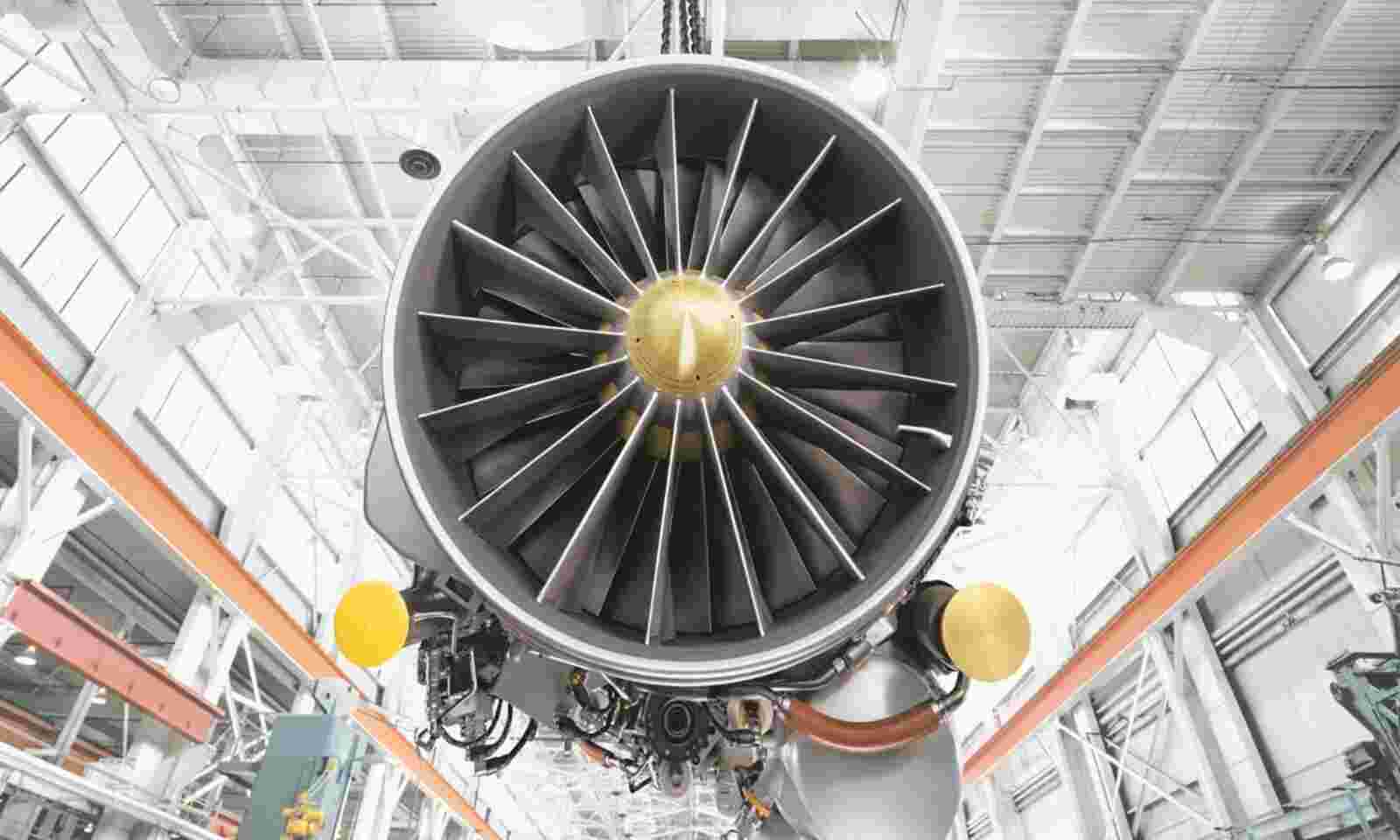In a significant development during Prime Minister Narendra Modi’s state visit to the United States, General Electric (GE) Aerospace has signed a Memorandum of Understanding (MoU) with Hindustan Aeronautics Limited (HAL), a state-run Indian aerospace company. The MoU paves the way for the joint production of fighter jet engines for the Indian Air Force (IAF) and signifies a new era in the India-US partnership. This agreement holds immense strategic importance, as while many countries manufacture their own fighter aircraft, only a select few possess the advanced technology required to produce jet engines.
Transfer of Technology and Indigenously Developed Capabilities
The MoU between GE Aerospace and HAL includes provisions for a significant transfer of technology and the indigenously developed production of fighter jet engines. The agreement encompasses the potential joint production of GE Aerospace’s F414 engines in India. GE Aerospace is currently working with the US government to secure the necessary export authorization for this collaboration. The finalization of the deal is contingent upon the resolution of detailed aspects and obtaining approval from the US Congress, which is expected to take approximately 30 days.
HAL’s Role in Engine Production
Once the necessary approvals are obtained, HAL will undertake the production of jet engines at its Engine Division facility in Bengaluru. It is important to note that the collaboration will not be structured as a joint venture. The partnership between GE Aerospace and HAL represents a significant milestone for India’s aviation industry, as it marks the beginning of a new era in the country’s relationship with the United States.
Significance of Jet Engine Technology
Jet engine technology is considered the pinnacle of aviation achievements. While several nations, including India, have successfully developed their own fighter aircraft, the production of jet engines has remained a challenge. With this collaboration, India aims to overcome its decades-long quest to manufacture its own jet engines, enabling the country to achieve self-reliance in this critical area of aerospace technology.
Potential Applications and Future Collaborations
The F414 engine, a highly capable afterburning turbofan engine with a thrust of 22,000 pounds (98 KN), was previously shortlisted by India to power the Mark II version of the indigenous Light Combat Aircraft (LCA) Tejas. Once production commences, the F414 engine will be utilized in various future fighter jet programs, including the Tejas Mk II and the indigenous Twin Engine Deck Based Fighter (TEDBF) for the Indian Navy. Additionally, the F414 engine powers aircraft such as the Boeing Super Hornets and the Swedish fighter Gripen, both of which are contenders for acquisition by the Indian military.
Sources indicate that this partnership could potentially lead to joint design, development, and manufacturing of more powerful engines in the future. The roadmap includes the phased production of engine components, eventually progressing to full-scale production, which is estimated to take at least a decade.
India’s Pursuit of Jet Engine Technology
India’s pursuit of jet engine technology can be traced back to the challenges faced during the development of the country’s first indigenous fighter aircraft, the HF-24 Marut. Despite initial setbacks, India’s Gas Turbine Research Establishment (GTRE) in Bengaluru embarked on developing the Kaveri engine for the indigenous Light Combat Aircraft (LCA) project. However, despite extensive testing and development, the Kaveri engine failed to meet the required parameters for fighter aircraft propulsion.
GE’s Involvement in India’s Indigenous Fighter Programs
GE’s involvement in India’s indigenous fighter programs dates back to 1986 when the company collaborated with the Aeronautical Development Agency and HAL to support the development of the LCA using F404 engines. Over the years, GE Aerospace has delivered a significant number of F404 engines for the LCA Mk1 and Mk1A variants. Furthermore, GE has been committed to supplying 99 engines for the LCA Mk2 program. The recent agreement reinforces GE Aerospace’s commitment to expanding its presence in India, including its involvement in the development, testing, and certification of the Advanced Medium Combat Aircraft (AMCA) program.
Find More International News Here



 Paris Olympics 2024 Medal Tally, India M...
Paris Olympics 2024 Medal Tally, India M...
 Which District of Madhya Pradesh is Famo...
Which District of Madhya Pradesh is Famo...
 EC Signs Electoral Cooperation Pact with...
EC Signs Electoral Cooperation Pact with...

